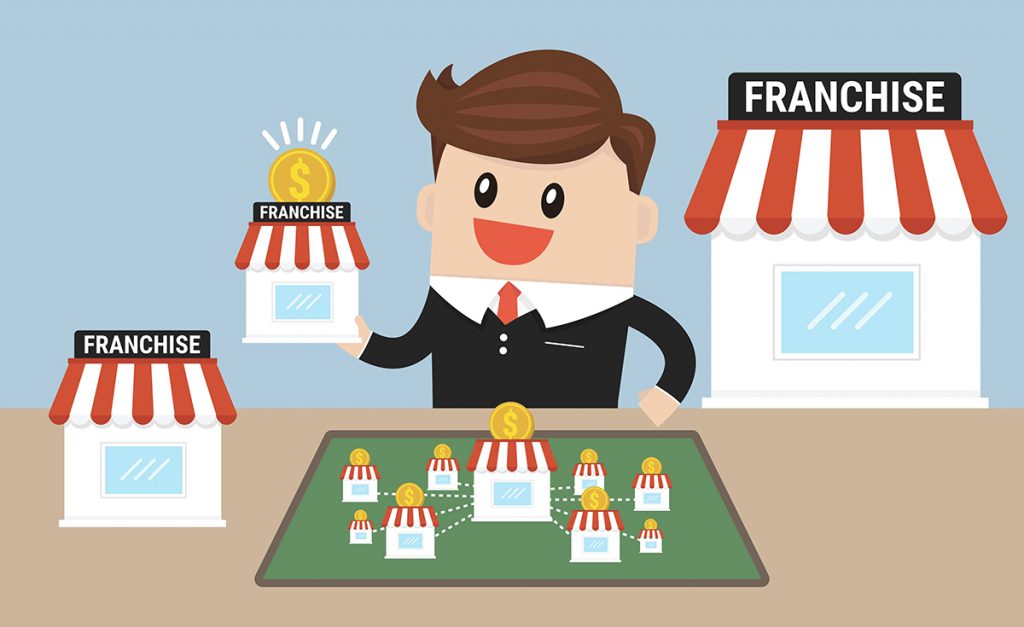When a franchisor wants to expand and/or spread a business, he or she sells the right to sell, distribute, and/or utilise a business, product, name, or service (Franchisees) to dealers who are affiliated with the franchisor (Franchisors). A comprehensive registration system for Malaysia’s franchisees is being developed under the Franchise Act 1998 (the FA 1998), which was passed in 1998 with the goal of developing a comprehensive registration system for the country’s franchises.
Malaysia Small business entrepreneurs are frequently perplexed when it comes to franchising and licencing options. However, before making a decision on which growth plan to pursue, it is critical to consider the differences between the two approaches. In reality, all franchisees and licensees are one and the same, although this isn’t always true.
Franchise registration Malaysia
When you understand the nature of franchising before signing on as a franchisee, you can be confident that your company will be run in a consistent and uniform manner by the franchisor. The franchisor, on the other hand, is responsible for providing the franchisee with initial training as well as continuous support. The franchisee will profit from the marketing and promotional help provided by the franchisor. In a typical franchise partnership, the franchisor has substantial control and is responsible for providing ongoing support to the franchisee.
Alternatively, other business owners feel that their expansion strategy is through a franchise, but their operating procedures do not include a franchise structure as part of their business model. When a business owner grants permission to an external party to use their trademark and operate their own business in exchange for a fee, it’s not commonplace for them to be compared to licensors in the industry. Continue reading “What you need to know about franchise registration in Malaysia”

